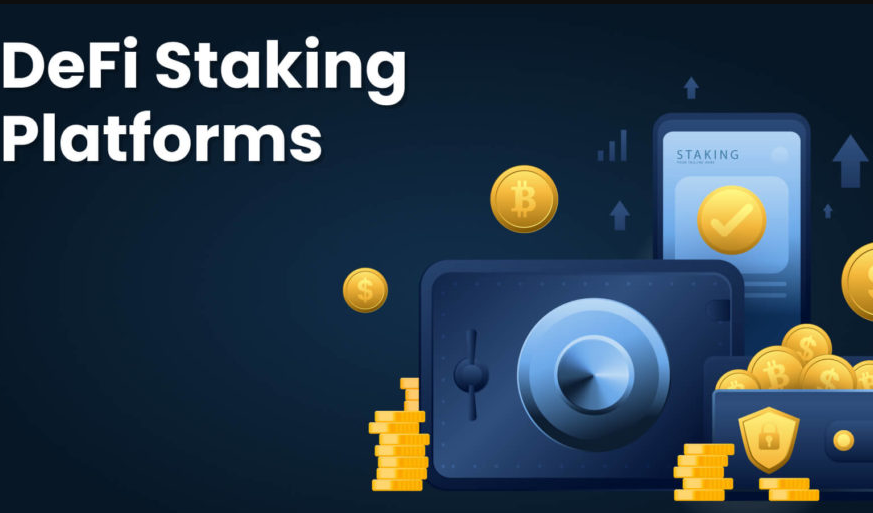In this article, I will discuss the Best Defi Ecosystems For Staking. Across the cryptocurrency landscape, staking has emerged as a primary mechanism for participants to monetize their asset holdings while simultaneously fortifying the underlying consensus layers.
Prominent contenders—namely, Ethereum, Solana, Polkadot, and Cardano—present distinct value propositions, ranging from competitive yield profiles and adaptable smart contract features to robust governance frameworks and highly scalable architectures. Each ecosystem warrants a systematic examination of its staking interface, risk-reward balance, and socio-technical environment to inform strategic asset allocation decisions.
Key Point & Best Defi Ecosystems For Staking List
| Blockchain | Key Points |
|---|---|
| Ethereum | Smart contract pioneer, largest DeFi ecosystem, transition to Proof-of-Stake (Ethereum 2.0). |
| Solana | High-speed, low-fee blockchain, strong focus on NFTs and DeFi, uses Proof-of-History. |
| Polkadot | Interoperable network of parachains, enables cross-chain communication, uses Nominated Proof-of-Stake. |
| Cosmos | Interconnected blockchain ecosystem, focuses on interoperability with the Cosmos SDK & IBC. |
| Avalanche | High-throughput platform, sub-second finality, supports custom blockchain networks. |
| Cardano | Peer-reviewed blockchain, energy-efficient PoS, strong focus on smart contracts & scalability. |
| Near Protocol | Developer-friendly, sharded PoS network, optimized for low fees and fast transactions. |
| Arbitrum | Layer-2 Ethereum scaling solution, reduces gas fees while inheriting Ethereum security. |
| Optimism | Ethereum Layer-2 using Optimistic Rollups, aims for low-cost, scalable smart contracts. |
| Algorand | Pure PoS blockchain, high speed & low fees, focuses on DeFi and enterprise applications. |
1.Ethereum
Ethereum consistently stands out as the premier decentralized finance (DeFi) ecosystem for staking, a distinction rooted in its superior network security, a mature smart contract framework, and unparalleled liquidity reserves.
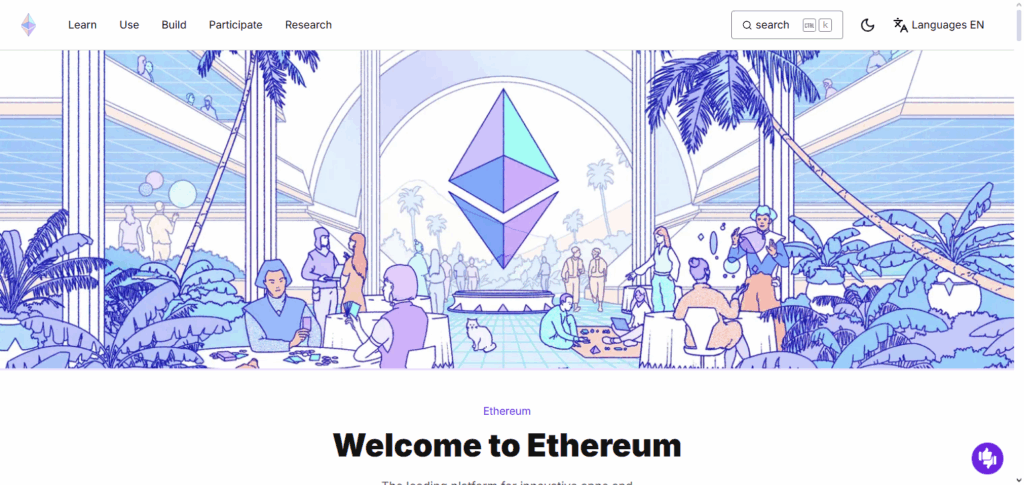
The shift to Proof-of-Stake, popularly termed Ethereum 2.0, empowers holders of Ether to generate rewards through staking while concurrently engaging in the validation of transactions. A defining advantage of Ethereum is its extensive array of decentralized applications—comprising lending, borrowing, and yield farming platforms—enabling participants to optimise staking yields with both efficacy and security.
| Feature | Details |
|---|---|
| Blockchain | Ethereum |
| Consensus Mechanism | Proof-of-Stake (Ethereum 2.0) |
| Staking Type | Direct staking, liquid staking (via platforms like Lido, Rocket Pool) |
| Minimum KYC Requirement | Minimal; some platforms allow staking with wallet connection only |
| Rewards | ~4–6% APR depending on platform and ETH locked |
| Security | Network-secured via PoS validators; platforms use smart contract audits |
| Accessibility | Easy via web wallets or DeFi platforms without full identity verification |
| Use Cases | DeFi lending, liquidity provision, yield farming |
2.Solana
Solana distinguishes itself within the decentralized finance landscape as a premier platform for staking, largely attributable to its rapid blockchain throughput and negligible transaction fees. These characteristics facilitate a frictionless staking interface that is both secure and efficient.
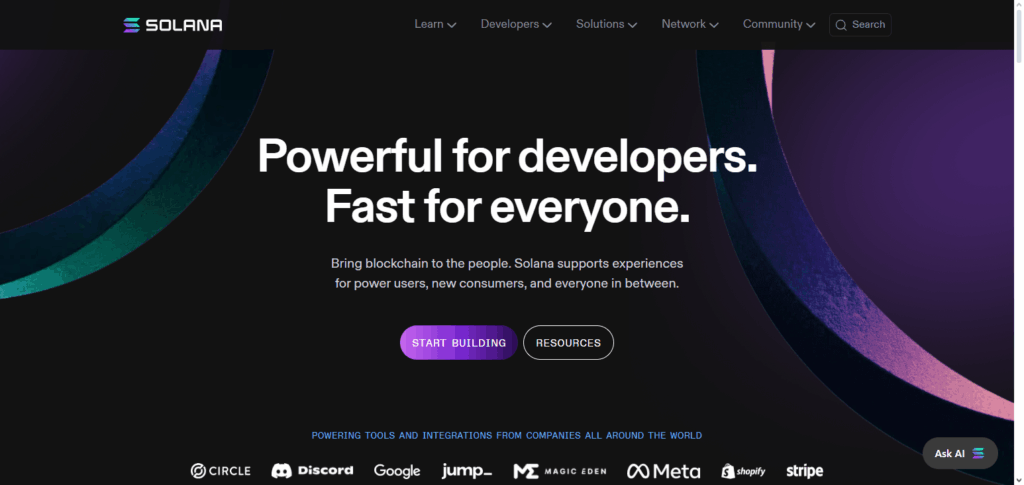
By integrating Proof-of-History with a delegated Proof-of-Stake mechanism, the network maintains robust consensus while delivering reward schedules that are both prompt and predictable. Moreover, Solana’s expandable ecosystem encompasses an interrelated suite of DeFi protocols and non-fungible token marketplaces.
This breadth permits staking participants to engage in liquidity provisioning, yield enhancement, and decentralized credit markets, all under a regime of expedited block confirmations and near-zero network charges.
| Feature | Details |
|---|---|
| Blockchain | Solana |
| Consensus Mechanism | Proof-of-Stake (PoS) with Delegated Staking |
| Staking Type | Direct staking via wallets, delegated staking to validators |
| Minimum KYC Requirement | Minimal; wallet-based staking requires no full identity verification |
| Rewards | ~6–8% APR depending on validator and network conditions |
| Security | Secured through network validators; platforms often audited |
| Accessibility | Easy staking via Solana wallets like Phantom, Solflare |
| Use Cases | DeFi liquidity provision, lending, yield farming |
3.Polkadot
Polkadot has steadily positioned itself as a premier ecosystem for decentralized finance (DeFi) staking, largely attributable to its architecture of interconnected parachains that facilitate frictionless cross-chain staking and liquidity provisioning.
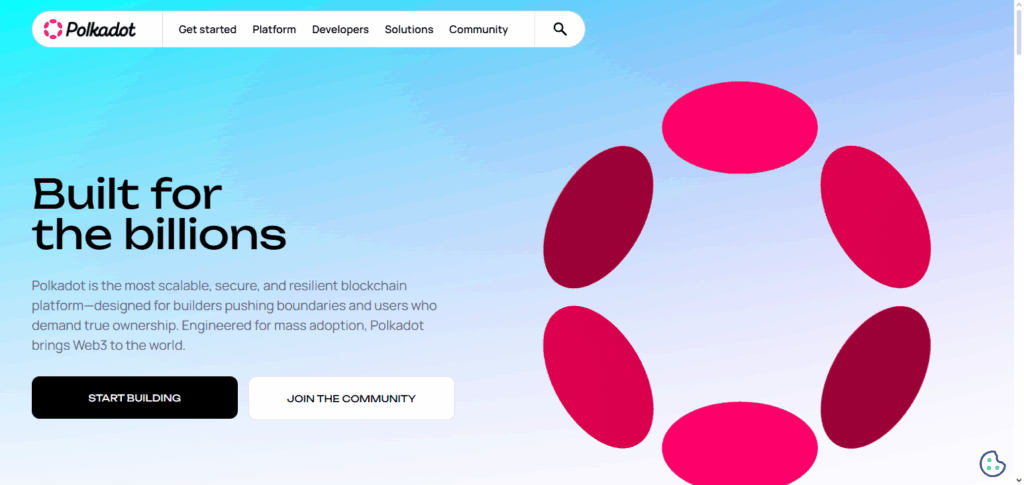
Operating on a Nominated Proof-of-Stake (NPoS) model, the platform allows participants to generate yield whilst concurrently contributing to the network’s security. Polkadot’s distinctive emphasis on interoperability furnishes stakers with the ability to engage with an extensive array of DeFi applications dispersed across heterogeneous chains, thereby optimizing reward asymmetry and risk-adjusted returns.
This interlinkage assures that participants retain a high degree of network robustness and pragmatic flexibility, even as the decentralized environment rapidly matures.
| Feature | Details |
|---|---|
| Blockchain | Polkadot |
| Consensus Mechanism | Nominated Proof-of-Stake (NPoS) |
| Staking Type | Direct staking, nominator staking via wallets or platforms |
| Minimum KYC Requirement | Minimal; most staking can be done with wallet connection only |
| Rewards | ~10–12% APR depending on validator performance and network conditions |
| Security | Network secured via validators; robust PoS mechanism |
| Accessibility | Easy through Polkadot.js or compatible wallets |
| Use Cases | DeFi lending, liquidity provision, cross-chain staking |
4.Cosmos
Cosmos ranks among the leading DeFi ecosystems for staking, owing to its extensible, interoperable blockchain architecture and superior scalability, which empower users to delegate tokens on any economically linked zone.
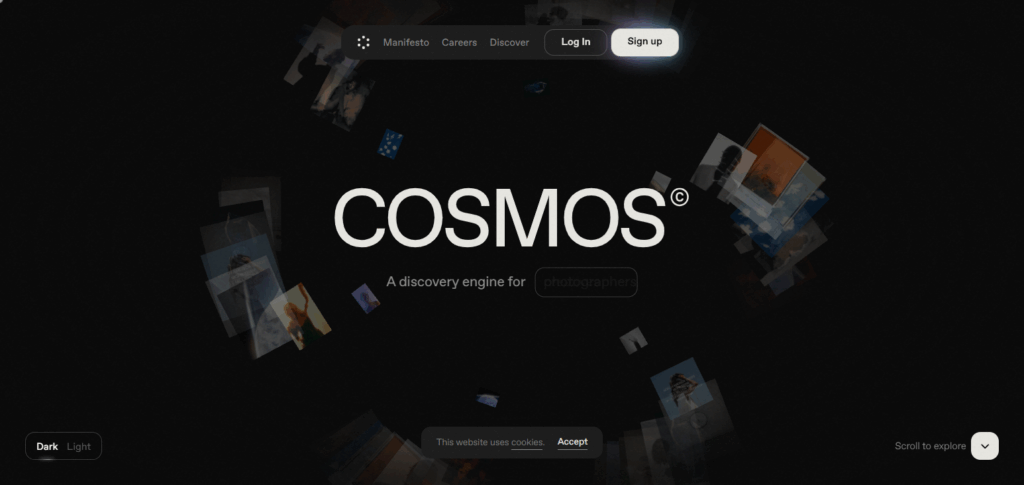
The Tendermint-derived Proof-of-Stake consensus layer delivers low-latency finality, robust security guarantees, and an exceptionally green staking model.
The network’s distinguishing feature, however, is its design for frictionless inter-chain messaging, which permits delegators to engage simultaneously with heterogeneous DeFi protocols, harvest yield across a constellation of sovereign zones, and reinforce an intrinsically decentralized economic fabric that privileges composability, extensibility, and enduring network resilience.
| Feature | Details |
|---|---|
| Blockchain | Cosmos (ATOM) |
| Consensus Mechanism | Tendermint-based Proof-of-Stake (PoS) |
| Staking Type | Direct staking, delegated staking to validators |
| Minimum KYC Requirement | Minimal; staking can be done via wallets without full identity verification |
| Rewards | ~7–10% APR depending on validator and network performance |
| Security | Secured via PoS validators and audited network protocols |
| Accessibility | Easy via wallets like Keplr, Cosmostation |
| Use Cases | DeFi liquidity, lending, cross-chain staking through Cosmos SDK & IBC |
5.Avalanche
Avalanche represents a premier decentralized-finance (DeFi) environment for staking, owing to a high-throughput architecture and final settlement occurring in seconds, thus granting participants prompt and dependable incentive accrual.
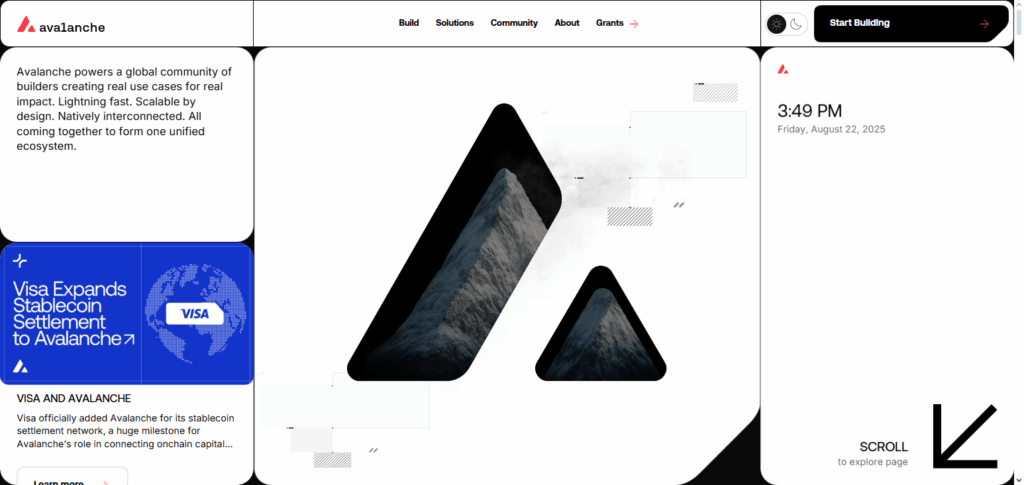
The Avalanche Consensus mechanism empowers validators to stake with security and scalability, processing dozens of tailored blockchains in parallel.
Furthermore, the platform features a rich array of DeFi primitives and subnet architectures that facilitate opportunistic interaction—such as on-chain lending, automated market-making, and yield augmentation—across optimized virtual ledgers, all while incurring nominal transaction costs and fostering a robustly decentralized operating milieu.
| Feature | Details |
|---|---|
| Blockchain | Avalanche (AVAX) |
| Consensus Mechanism | Avalanche Consensus with Proof-of-Stake (PoS) |
| Staking Type | Direct staking, delegated staking to validators |
| Minimum KYC Requirement | Minimal; staking possible via wallets without full identity verification |
| Rewards | ~8–11% APR depending on validator and network conditions |
| Security | Secured via network validators and audited consensus protocols |
| Accessibility | Easy via wallets like Avalanche Wallet, MetaMask |
| Use Cases | DeFi lending, liquidity provision, yield farming |
6.Cardano
Cardano continues to be positioned among the foremost decentralized finance (DeFi) ecosystems in the realm of staking, owing to its energy-efficient Proof-of-Stake consensus and rigorous blockchain security foundation. Participants can secure predictable reward streams while helping to maintain the network’s equilibrium.

The platform’s distinguishing feature lies in its commitment to peer-reviewed scholarly research, which underpins every protocol enhancement, thus ensuring enduring scalability and reliability for DeFi activities. Expanding the ecosystem is a suite of decentralized applications and smart contracts that collectively present diversified venues for staking, yield farming, and liquidity provisioning, thus catering to both novice and seasoned practitioners.
| Feature | Details |
|---|---|
| Blockchain | Cardano (ADA) |
| Consensus Mechanism | Ouroboros Proof-of-Stake (PoS) |
| Staking Type | Direct staking, delegated staking to pools |
| Minimum KYC Requirement | Minimal; staking can be done through wallets without full identity verification |
| Rewards | ~4–6% APR depending on pool performance and network conditions |
| Security | Secured through PoS and robust validator network |
| Accessibility | Easy via wallets like Daedalus, Yoroi |
| Use Cases | DeFi liquidity, yield farming, lending |
7.Near Protocol
Near Protocol distinguishes itself as one of the most compelling DeFi ecosystems for staking, primarily due to its sharded Proof-of-Stake architecture, which delivers exceptional throughput, minimal fees, and optimized transaction execution.
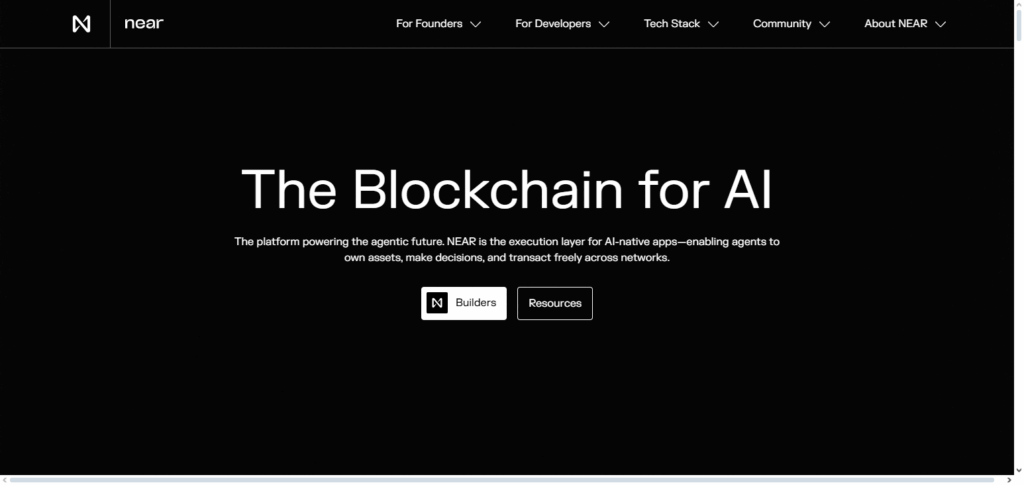
This design empowers validators and delegators to accumulate rewards concurrently with the provision of network security.
Unlike many other chains, Near incorporates a developer-centric framework alongside a scalable ecosystem; these features collectively permit stakers to engage with a wide array of DeFi activities—ranging from lending and yield farming to non-fungible token marketplaces—while reaping advantages such as deterministic finality, negligible transaction costs, and fluid interoperability across decentralized applications.
| Feature | Details |
|---|---|
| Blockchain | Near Protocol (NEAR) |
| Consensus Mechanism | Sharded Proof-of-Stake (PoS) |
| Staking Type | Direct staking, delegated staking to validators |
| Minimum KYC Requirement | Minimal; staking can be done via wallets without full identity verification |
| Rewards | ~10–12% APR depending on validator performance and network conditions |
| Security | Secured through sharded PoS validators and audited protocols |
| Accessibility | Easy via wallets like NEAR Wallet, Sender, or Meteor Wallet |
| Use Cases | DeFi liquidity, lending, yield farming |
8.Arbitrum
Arbitrum has emerged as a leading venue within the DeFi space for staking due to its architectural design as an Ethereum Layer-2 chain that harmonizes security with economical, rapid transactions. Participating stakers incur nominal gas fees, yet retain access to a diverse ecosystem—including liquidity pools, yield farming, and more—all underpinned by the Layer-2’s scalability.
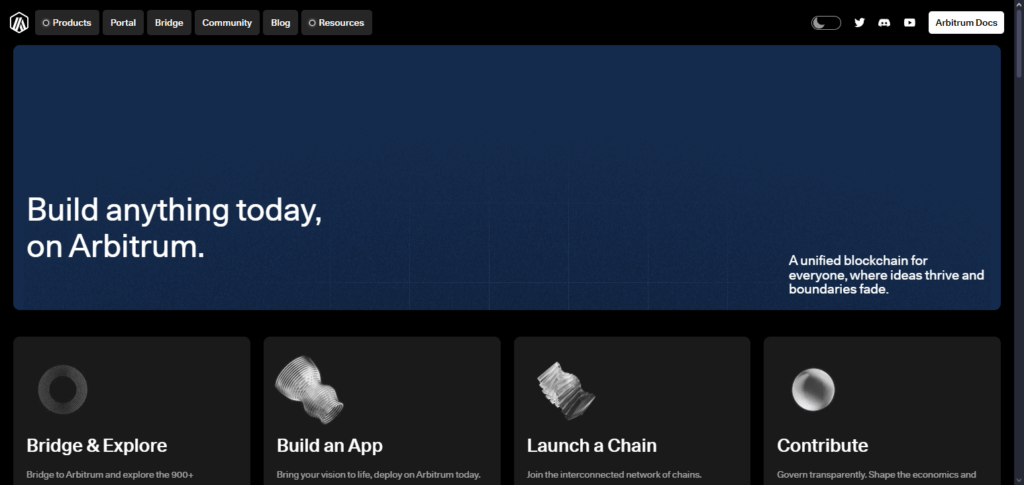
The platform’s most distinctive advantage is its transparent anchoring to Ethereum, which enables users to stake tokens and engage with decentralized applications with full confidence, reaping fast finality and the entrenched security of the parent chain. Overall, Arbitrum balances expansive functionality with low barriers to entry and attractive reward structures, establishing it as a compelling nexus for DeFi staking.
| Feature | Details |
|---|---|
| Blockchain | Arbitrum (Ethereum Layer-2) |
| Consensus Mechanism | Inherits Ethereum security via Optimistic Rollups |
| Staking Type | Liquid staking, DeFi protocol staking |
| Minimum KYC Requirement | Minimal; staking possible via wallet connection without full identity verification |
| Rewards | ~5–8% APR depending on platform and liquidity pool |
| Security | Secured by Ethereum Layer-1 validators and audited smart contracts |
| Accessibility | Easy via wallets like MetaMask, Ledger, or Arbitrum-compatible wallets |
| Use Cases | DeFi liquidity, lending, yield farming |
9.Optimism
Optimism stands out as a leading DeFi environment for staking, anchored by its Optimistic Rollup architecture, which delivers rapid, cost-effective trades without compromising the security inherited from Ethereum. Users participating in staking receive rewards at a compelling pace while simultaneously bolstering the network’s scalability.
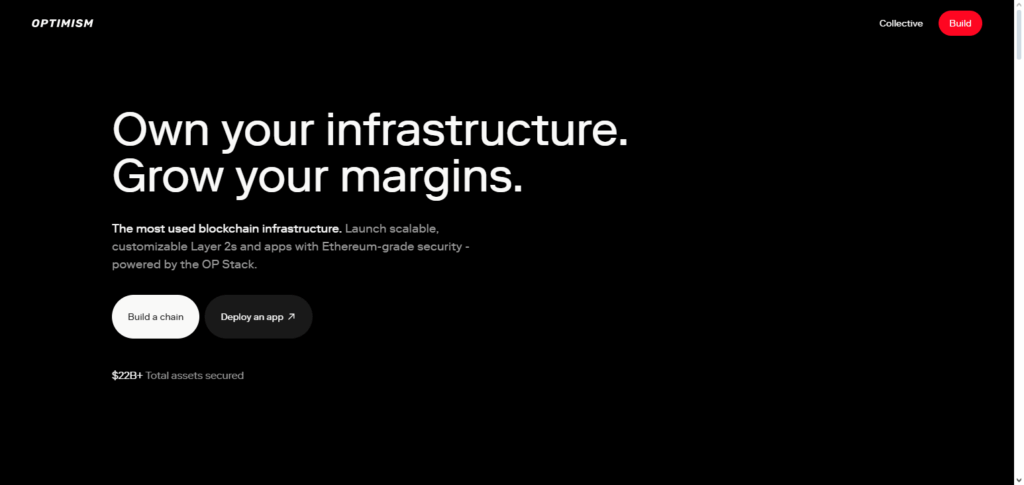
The platform’s defining characteristic lies in its deliberate emphasis on frictionless DeFi interactions, paired with seamless interoperability amongst Ethereum-native protocols, thereby granting stakers immediate access to a diverse array of lending alternatives, liquidity pools, and yield-optimizing strategies. The synergy of accelerated transaction times, robust security, and a rich ecosystem renders Optimism especially advantageous for the purposeful amplification of staking yield.
| Feature | Details |
|---|---|
| Blockchain | Optimism (Ethereum Layer-2) |
| Consensus Mechanism | Optimistic Rollups inheriting Ethereum PoS security |
| Staking Type | Liquid staking, DeFi protocol staking |
| Minimum KYC Requirement | Minimal; staking possible via wallet connection without full identity verification |
| Rewards | ~5–8% APR depending on platform and liquidity pool |
| Security | Secured via Ethereum Layer-1 validators and audited smart contracts |
| Accessibility | Easy via wallets like MetaMask, Ledger, or Optimism-compatible wallets |
| Use Cases | DeFi liquidity, lending, yield farming |
10.Algorand
Algorand has established itself among leading DeFi frameworks for staking through its Pure Proof-of-Stake (PPoS) consensus machinery, which balances rapid finality, stringent security, and minimal environmental impact. By delegating authority to a representative set of token holders, the system permits staking and concomitant reward generation with negligible friction, thereby reinforcing the global consensus.
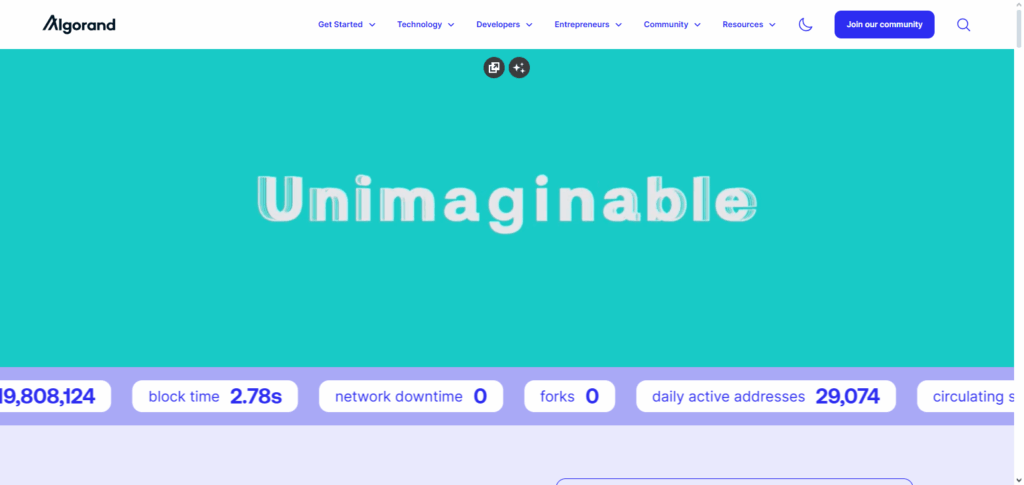
Essential to its architecture is a low-latency transactional model that exhibits nominal fees; this combination permits frictionless engagement with a progressively enlarging suite of DeFi primitives, such as capital pools, streamlined credit provisioning, and structured yield generation. Collectively, these attributes confer a composable, infinitely scalable, and ecologically responsive ecosystem that optimizes yield acquisition while safeguarding the parent blockchain’s operative integrity.
| Feature | Details |
|---|---|
| Blockchain | Algorand (ALGO) |
| Consensus Mechanism | Pure Proof-of-Stake (PPoS) |
| Staking Type | Direct staking, participation in governance staking |
| Minimum KYC Requirement | Minimal; staking possible via wallets without full identity verification |
| Rewards | ~5–10% APR depending on network participation and protocol |
| Security | Secured via PPoS validators and audited protocols |
| Accessibility | Easy via wallets like Algorand Wallet, MyAlgo, or Ledger |
| Use Cases | DeFi liquidity, lending, yield farming |
Conclusion
In summary, the leading decentralized finance ecosystems for staking—Ethereum, Solana, Polkadot, Cosmos, Avalanche, Cardano, Near Protocol, Arbitrum, Optimism, and Algorand—each present distinctive merits aligned with heterogeneous staking requirements. Ethereum’s robust DeFi architecture, Solana’s and Avalanche’s low-latency throughput, and Polkadot’s and Cosmos’s seamless interoperability combine to furnish participants with secure, resilient, and yield-generative delegation avenues.
The formulation of an optimal staking candidature therefore hinges upon the relative weighting of operational characteristics, including transaction velocity, cumulative reward cost, cross-chain operability, and anticipated yield, ensuring stakeholders secure maximal remuneration while simultaneously reinforcing the underlying protocol’s resiliency.
FAQ
What is staking in DeFi?
Staking in DeFi involves locking cryptocurrency in a blockchain network to support its operations, such as validating transactions, in exchange for rewards.
Which blockchain offers the highest staking rewards?
Rewards vary by platform; networks like Solana, Avalanche, and Polkadot often provide competitive yields due to their high-speed and scalable ecosystems.
Is staking safe?
Staking is generally secure, but risks include network vulnerabilities and price volatility. Choosing reputable ecosystems like Ethereum, Cardano, and Algorand reduces risk.




